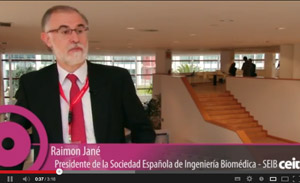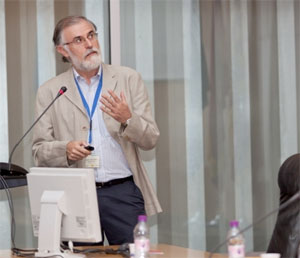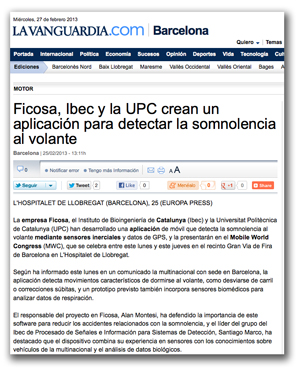Las cookies son importantes para ti, influyen en tu experiencia de navegación, nos ayudan a proteger tu privacidad y permiten realizar las peticiones que nos solicites a través de la web. Utilizamos cookies propias y de terceros para analizar nuestros servicios y mostrarte publicidad relacionada con tus preferencias en base a un perfil elaborado con tus hábitos de navegación. Puedes "Aceptar" o "Rechazar" aquellas cookies que no sean técnicas, así como configurar tus preferencias pulsando "Configurar Cookies". Más información, consulta nuestra Política de Cookies.
El almacenamiento o acceso técnico es estrictamente necesario para el propósito legítimo de permitir el uso de un servicio específico solicitado explícitamente por el abonado o el usuario, o con el único fin de llevar a cabo la transmisión de una comunicación a través de una red de comunicaciones electrónicas.
The technical storage or access is necessary for the legitimate purpose of storing preferences that are not requested by the subscriber or user.
The technical storage or access that is used exclusively for statistical purposes.
El almacenamiento o acceso técnico que se utiliza exclusivamente con fines estadísticos anónimos. Sin una orden judicial, el cumplimiento voluntario por parte de su proveedor de servicios de Internet, o registros adicionales de un tercero, la información almacenada o recuperada con este único propósito no puede utilizarse normalmente para identificarle.
El almacenamiento o acceso técnico es necesario para crear perfiles de usuario con el fin de enviar publicidad, o para rastrear al usuario en un sitio web o en varios sitios web con fines de marketing similares.
![]() La emisora local Ràdio Rubí ha entrevistado esta semana a Alícia Casals, responsable del grupo de Robótica del IBEC. La entrevista formaba parte de la celebración del Día Internacional de la Mujer que hacía el programa «Rubí al dia», sobre mujeres con trabajos interesantes.
La emisora local Ràdio Rubí ha entrevistado esta semana a Alícia Casals, responsable del grupo de Robótica del IBEC. La entrevista formaba parte de la celebración del Día Internacional de la Mujer que hacía el programa «Rubí al dia», sobre mujeres con trabajos interesantes.






